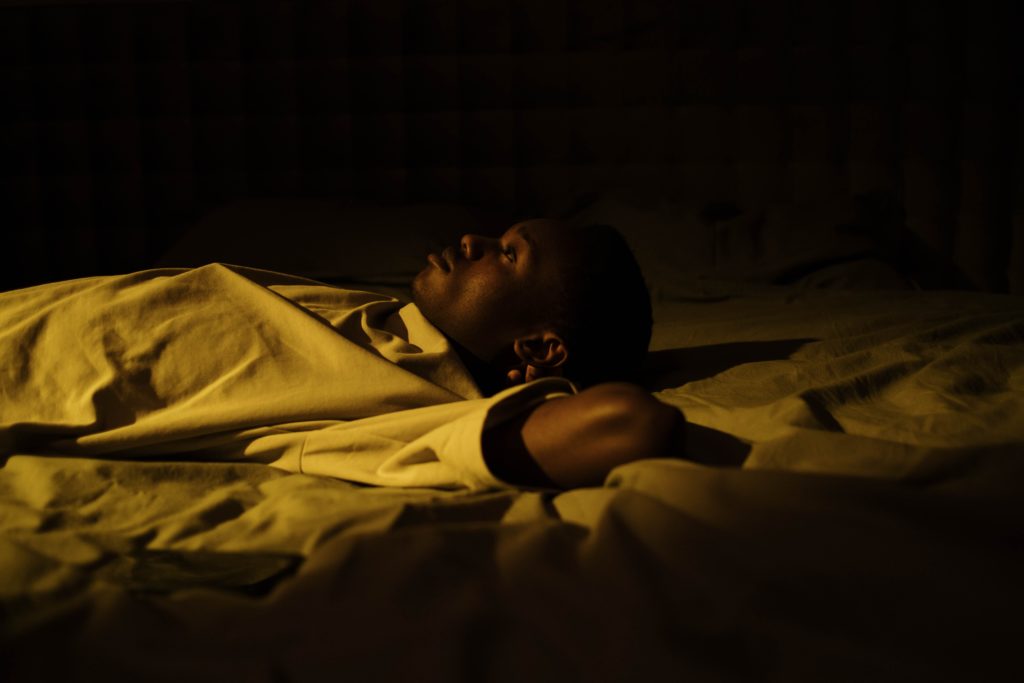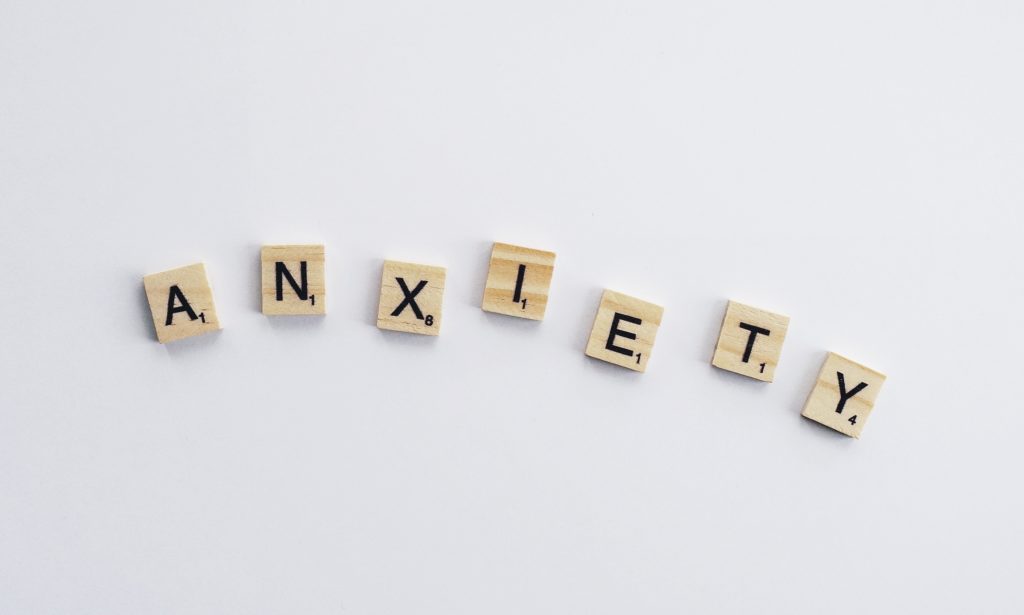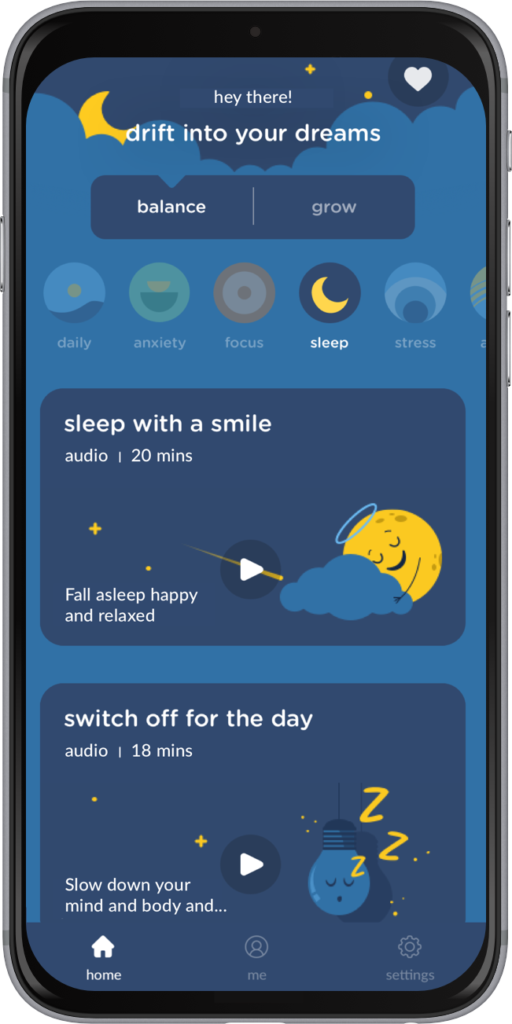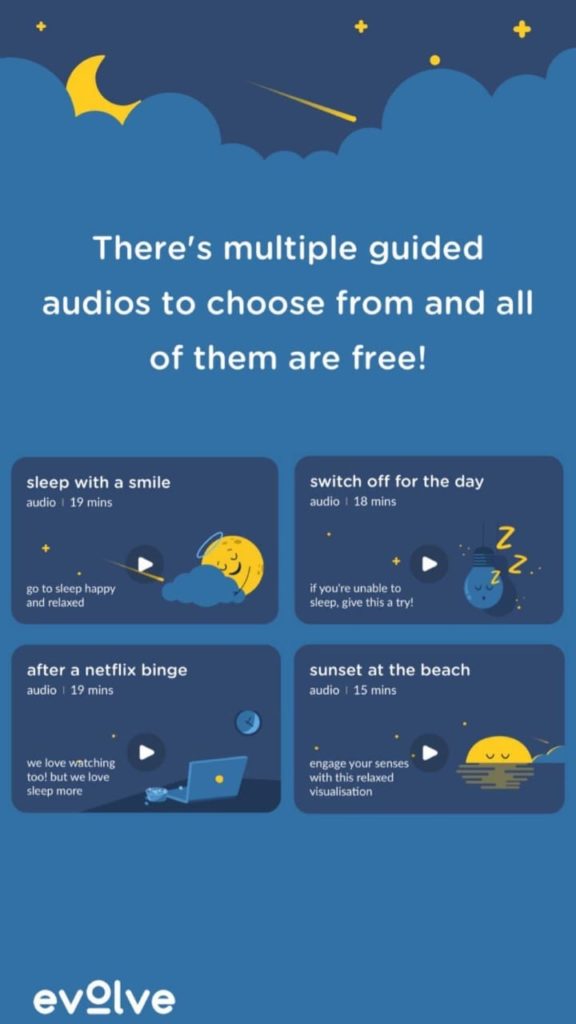Evolve > Sleep >Sleepless Nights: What Are The Causes & Its Impact
Twisting and turning all night unable to get some sleep? Stress at work or home keeping you awake all night? Sleepless nights are a very common problem faced by teenagers and millennials alike. There are a variety of reasons you may experience sleepless nights and it is important to recognise that early. Sleepless nights cause sleep deprivation and daytime sleepiness, which come with its own set of health issues. It’s key to know the causes of sleepless nights and how they impact your body.
Table of Contents
What Does A Sleepless Night Look Like?
Although the phrase “sleepless night” implies that a person does not sleep at all during normal sleeping hours, this is not always the case. Most of us define a restless night as sleeping for too few hours or constantly disrupting sleep. A sleepless night, regardless of the source of sleep disruption, refers to inadequate sleep, which is commonly defined as sleeping for less than 5 hours each night.

Individual sleeping habits, on the other hand, vary. Some people may require 8 to 9 hours of sleep each night in order to feel refreshed and work properly during the day. Others may find that 6 to 7 hours is plenty. Regardless of individual variances, it is widely agreed that people require 7 to 8 hours of sleep every day.
The causes of sleepless nights
- Stress & anxiety
- Caffeine & alcohol
- Lifestyle choices
- Sleep disorders such as insomnia and sleep apnea
- Other medical conditions such as pregnancy, fever or physical injuries
Stress and anxiety
Your stress and anxiety levels are probably the biggest causes of sleepless nights. Workplace stress, anxiety disorders, personal problems and now COVID-19 all play its part in causing you to stay up late at night. When stressed or anxious, the amount of serotonin and melatonin drops. These are the hormones responsible for managing your internal body clock and restful sleep. When they are low and your mind is all over the place, it’s difficult to fall asleep.

Caffeine consumption
Caffeine is a very powerful stimulant and keeps your body and mind active for long. In case you’re working or studying late, you may drink coffee. That will definitely stimulate your brain and energy it. As a result, you will experience a sleepless night and stay up.

Lifestyle choices
You may be studying hard and working till late at night. Or you stay up late trying to finish that final episode of Succession. How you live your life can affect the quality of your sleep and can cause restless sleep. Your brain is awake and stimulated, you’re not winding down for the right and constantly active. If you do that, you won’t enjoy good sleep or fall asleep fast. Take a moment and reflect on your sleep habits. Try a sleep routine and incorporate these simple hacks to sleep better!
Sleep disorders
Sleep disorders such as insomnia, narcolepsy and sleep apnea are major causes of sleepless nights. You’re unable to sleep, it’s uncomfortable and no matter what happens, you don’t sleep until your body gives way. In case you are not sleeping well or haven’t slept properly for 2 weeks, please do see a qualified expert who can diagnose you and help.

Medical conditions
Medical conditions are one of the most common causes of sleepless nights. In case you are pregnant, suffering from depression, or on medication for other medical conditions or illnesses, you could be suffering from sleepless nights. Your body and mind are unable to cope with the load of the medicine and the illness and it leaves your system compromised. As a result, you are unable to sleep.
How is your body and mind affected?
- Daytime sleepiness
- Higher risk of heart disease
- Trouble focusing
Daytime sleepiness
When you’re unable to sleep at night and sleepless nights bother you, it could lead to daytime sleepiness. You feel sleepy during the day, post lunch, during work and just cannot function properly until you’ve got your share of sleep.
Higher risk of heart disease
When you don’t sleep enough or suffer from sleepless nights, there’s a higher chance of heart disease. This is because when you’re asleep and resting, your heart, blood vessels and brain are also resting. When this does not happen, they are on overload and you become more susceptible to heart diseases and stroke.
Trouble focusing
When you sleep, your brain gets a chance to recover and strengthen itself. This happens with the strengthening of the neuron network in your brain. This occurs during the REM sleep phase which helps build creativity and improves thought processes and problem solving. With insufficient sleep, your brain does not get a chance to rest, and is unable to focus on everyday tasks and problem solving skills you need. As a result, your overall focus level dip and your creativity reduces.

Weakened immune system
When you sleep, sleep-promoting proteins called cytokines are released by your immune system. These cytokines are important to beat an infection, inflammation and reduce stress in your body. The more you sleep, the better equipped is your body to fight illnesses. Sleepless nights directly lead to lesser cytokines in your system. As a result, you are more likely to fall sick due to a weakened immune system. That leads to more sleepless nights and the cycle continues.

How To Get Rid Of Sleepless Nights ?
- Avoid eating at least two hours before going to bed
- Maintain a nighttime regimen and prepare the sleeping place
- Avoid exercise before bedtime
- Consume no stimulants too close to bedtime
- Avoid taking extended naps during the day
Avoid eating at least two hours before going to bed
This will aid in the prevention or at least reduction of gastroesophageal reflux disease (GERD), a common digestive disorder that can cause sleepless nights.
Maintain a nighttime regimen and prepare the sleeping place
This is known as sleep hygiene, and it consists of basic activities such as going to bed at the same time every night and chilling down the bedroom before bedtime.
Avoid exercise before bedtime
Several studies have indicated that even 10 minutes of aerobic exercise each day might assist alter sleep patterns, but exercising right before bedtime can cause a sleepless night.
Consume no stimulants too close to bedtime
Caffeine should be avoided at least 2 hours before going to bed. Nicotine should also be avoided before going to bed.
Avoid taking extended naps during the day
Although naps might help you stay energetic, they should only last 20 to 30 minutes. Long naps might disturb sleep habits at night.
You can fix the problems of sleepless nights by recognizing the signs early, trying these simple home remedies and incorporating good habits into your daily routine. Moreover, try and manage your hormones properly and boost the feel-good chemicals in your system to enjoy your day!
Evolve’s guided audios help you fall asleep faster, overcome restless sleep and improve sleep quality over time! The Evolve app is now live globally on Android & Apple, click here to try for free!
Co-founder and brains at LeapX by C32 Media Labs
Mail at sarah@c32.media to connect with her.

